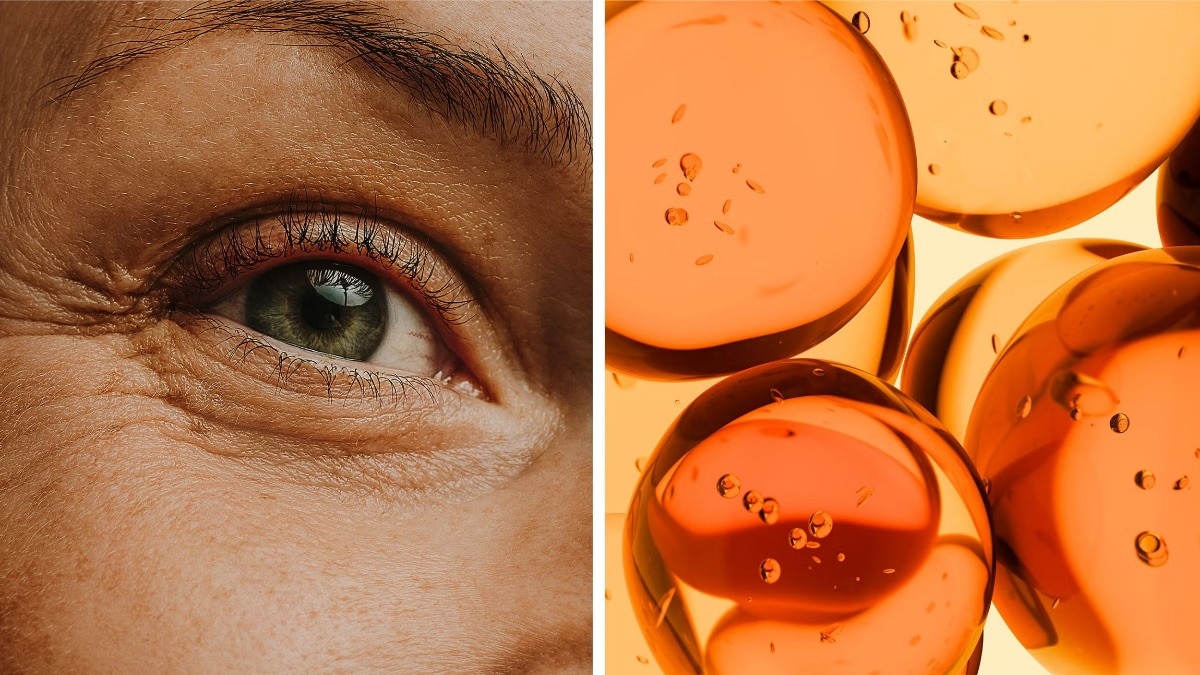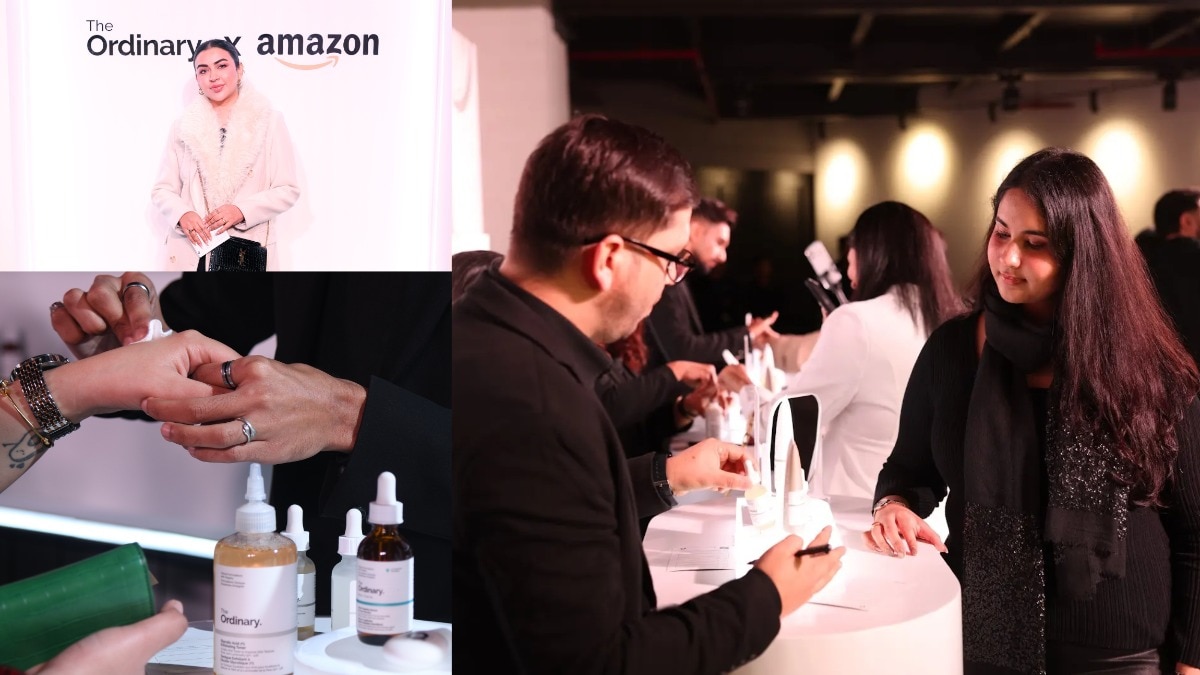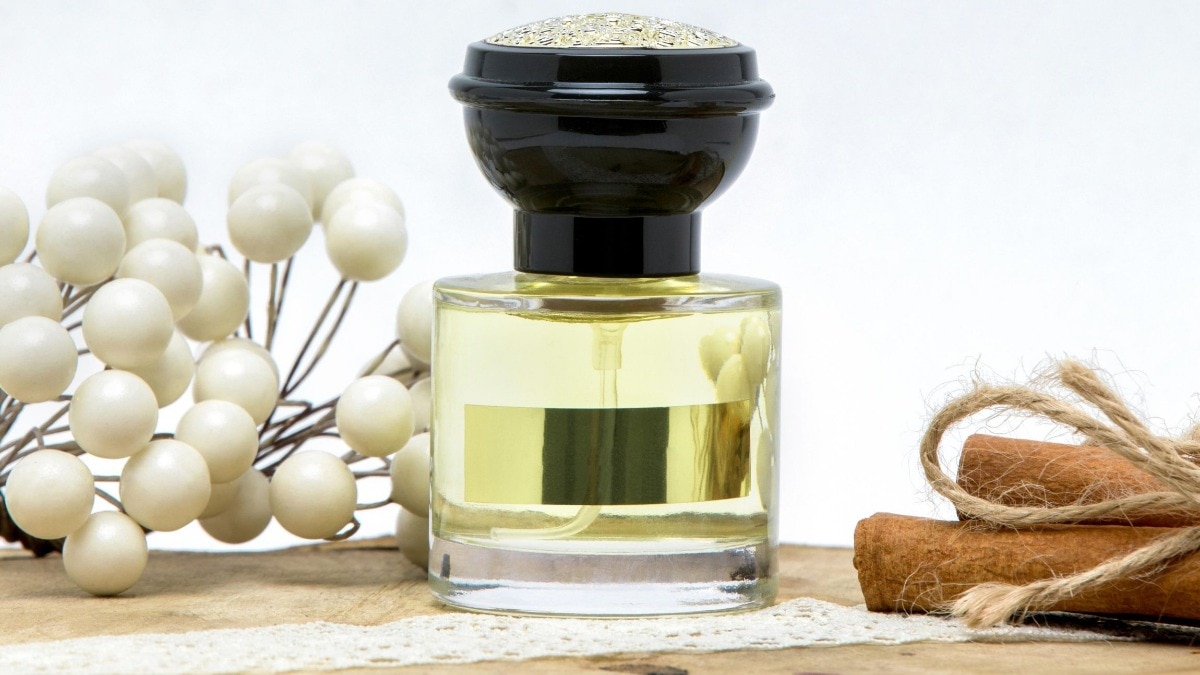
An expert guide to collagen for mature skin
From top treatments to hardworking serums, consider this your one-stop shop.


Once you hit a certain age, it can feel as though everyone you know with a passing interest in skin health has become obsessed with collagen. There are creams, there are serums, there are supplements, there are treatments—and each of them claims to be the holy grail for boosting collagen. But which of them works most effectively? And why is collagen so important in the first place?
What Is Collagen, and What Does It Do for Skin?
“Collagen is the most abundant protein in the human body, acting as the main structural component in our skin, hair, nails, joints, and connective tissue,” says Anna Lahey, founder of supplements brand Vida Glow. That plumpness and fullness that gives skin a more youthful appearance? That’s collagen, which is why everyone wants more of it.
As Malvina Cunningham, consultant dermatologist at Skin + Me, says: “Think of collagen as a scaffold that provides structure, tensile strength and firmness, allowing the skin to look plump and smooth.”
Collagen is produced naturally within the skin and goes through a process of degradation and renewal, with new collagen being generated as the older collagen breaks down. “To boost collagen, we need to support the processes that help collagen production, but also address the factors that impact collagen breakdown, which, besides age, are mainly environmental,” adds Cunningham.
What Are Some Benefits of Boosting Collagen for Mature Skin?
You know how a child’s plump cheeks feel almost bouncy? That’s collagen for you. Sadly, though, that firmness doesn’t last forever. “We lose about 1 to 1.15 per cent of collagen a year starting in our 20s, and this process dramatically accelerates post-menopause,” says Cunningham. “This once tight scaffold becomes loose and unorganised, and that translates into noticeable changes. We lose firmness and elasticity, leading to sagging, as well as developing fine lines and wrinkles.”
Collagen-focused skincare, supplements, and treatments focus on boosting the skin’s own collagen production, which, whilst slowed down significantly, is still ongoing.

How Does Collagen Skincare Work?
First of all, it’s important to distinguish between products that contain collagen and products designed to boost collagen production. “Skincare that contains collagen does not work, as it is too big a molecule to enter the skin,” clarifies Cunningham. “Smaller collagen molecules such as collagen peptides might influence collagen production, as they are small enough to penetrate the outer skin layer, but the evidence on this is still not conclusive.”
Collagen-containing skincare does have its benefits, think hydration and barrier support. But to boost collagen levels in the skin, focus on ingredients that stimulate its production, or prevent collagen from breaking down in the first place.
According to Cunningham, the following ingredients all help support collagen in the skin:
Sunscreen: “The number one ingredient that will help you slow down collagen loss induced by environmental factors.” Use a good-quality, broad-spectrum SPF product, and get into the habit of using it daily.
Retinoids: “The most researched and most effective ingredient when it comes to collagen production, and the gold standard in anti-ageing skincare.”
Vitamin C: A potent antioxidant that helps neutralise free radicals that could damage existing collagen. “It’s an excellent adjunct to sunscreen, and has other benefits such as targeting pigmentation.”
Niacinamide: “Another gentle ingredient that has been shown to stimulate collagen production in the skin.” It also acts on skin barrier function, so it works well alongside retinoids.
Targeted treatment products such as Shani Darden Skincare's Retinol Reform with 1% Encapsulated Retinol, which combines retinol, peptides, and prickly pear extract, and Paula’s Pro-Collagen Peptide Plumping Moisturizer, are excellent choices.
Are There Treatments to Boost Collagen Production, Too?
Polynucleotides are arguably the trending treatment of the moment, thanks to their glow-boosting, skin-plumping benefits. As injectable bio-stimulators, they encourage our own cells to produce collagen, along with other proteins such as elastin, leading to a fuller complexion. As aesthetic doctor Sophie Shotter previously told Bazaar, they provide “an immediate dewy glow while the DNA fragments get to work on longer-term collagen repair.” LED and laser treatments both work to stimulate sluggish collagen production, acting on the fibroblasts in which collagen is formed.
What are the Benefits of Collagen Supplements?
Another popular way of boosting collagen levels in the skin is oral supplementation, usually in the form of powders, liquid supplements, or capsules.
“Supplementing with hydrolysed collagen peptides helps to replenish what the body naturally loses with age. Clinical studies have shown that oral collagen supplementation supports skin hydration, improves skin elasticity, and reduces the appearance of wrinkles,” says Lahey. “It works from within to target the root cause of skin ageing, rather than simply treating symptoms at the surface.”

Oral collagen supplements are generally made from either bovine or marine collagen, and—since whole collagen molecules are too large to be absorbed by the body—are typically made of collagen peptides or hydrolysed collagen to boost their bioavailability.
“For mature skin, it’s essential to choose a high-quality, clinically-proven marine collagen with a low molecular weight for optimal absorption,” says Lahey. “It’s also beneficial to choose a supplement with additional active ingredients like antioxidants, vitamin C, or hyaluronic acid, which further support collagen synthesis and protect against oxidative stress.”
The goal? Increased skin firmness, improved hydration, and a visible reduction in the appearance of fine lines and wrinkles.
What Other Lifestyle Changes Can Help Enhance Collagen Production?
Whilst cutting-edge treatments, supplements, and skincare formulations are a great way to boost collagen production, there are plenty of lifestyle factors that make a difference too.
“Diet and nutrition are important,” says Cunningham. “Collagen is a protein made up of amino acids, so a diet rich in amino acids, such as bone broth, fish, poultry, and eggs, can help support collagen production.” Plenty of fruit and vegetables packed with antioxidants help too, both in protecting existing collagen against degradation and in supporting production.
And that’s not all. “80 per cent of skin ageing is attributed to sun exposure, and collagen breakdown is part of that process,” says Cunningham, making the case for staying in the shade when UV levels are high, and wearing a broad-spectrum SPF daily. She also calls out smoking for negatively impacting collagen production, and excess sugar for “stiffening” collagen through a process called glycation.
Put simply, collagen production is a process affected by myriad factors, both internal and external. And whilst nothing can quite get you back to the super-plumped skin of your youth, taking a multi-pronged approach to supporting it could lead to a firmer, fresher-faced future.
Lead image: Design by Sarah Olivieri
This article originally appeared on harpersbazaar.com/uk
Also read: Why saffron is beauty’s bougiest obsession
Also read: Where did all the facial fat go?










